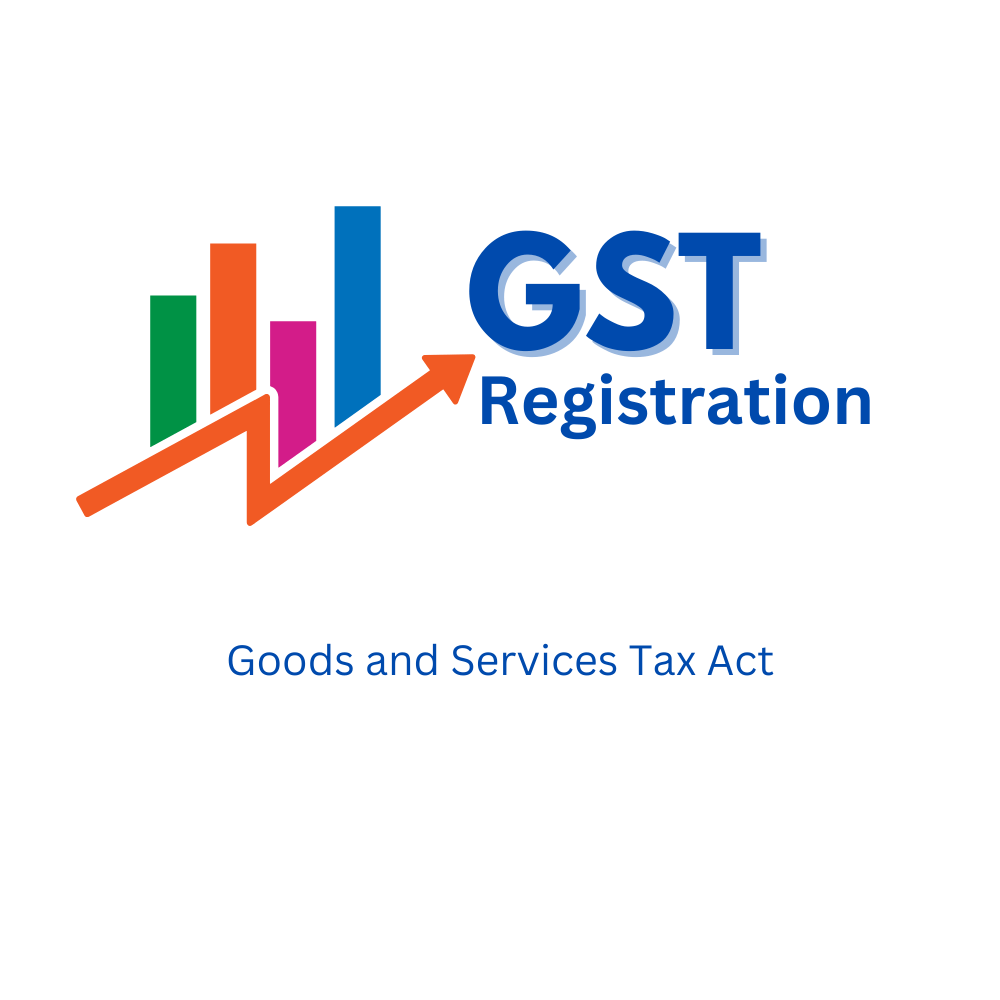Discover Why CFO Account & Services is Your Ideal Choice for GST Registration in Singapore
Throughout: A Comprehensive Summary of GST Registration and Just How to Successfully Register Your Organization
Browsing through the intricate procedure of GST enrollment can be a vital step for any service wanting to develop compliance and legitimacy out there. Why choose CFO Account & Services for GST registration in Singapore. From recognizing the essential principles of GST to meeting the qualification standards and gathering the required documents, the trip towards effective registration can usually appear like a challenging task. However, with the ideal assistance and understandings, services can streamline this procedure and unlock the benefits that come with being a signed up entity.
Comprehending GST and Its Importance
Recognizing the Product and Provider Tax Obligation (GST) and its significance is essential for organizations running in economic situations where this taxes system is carried out. By allowing services to declare input tax credit scores on the tax obligation paid on purchases, GST makes certain that tax obligations are computed only on the worth added at each stage of the supply chain.
Additionally, GST advertises compliance and transparency in the tax program, reducing tax obligation evasion and enhancing government income. It simplifies tax administration and conformity for companies by offering a typical system for tax filing and payment. In general, an extensive understanding of GST is crucial for companies to successfully browse the complexities of the tax system and ensure compliance with the law.
Qualification Criteria for GST Enrollment
To register for GST, companies should satisfy certain qualification criteria outlined by the tax authorities. The main demand for GST enrollment is that the organization's aggregate turnover goes beyond the limit set by the federal government, which differs by state. Furthermore, specific businesses, such as those included in inter-state supply of services or items, casual taxable persons, and non-resident taxed individuals, are needed to sign up for GST regardless of their turnover.
In addition, companies entailed in supplying goods or services via shopping platforms are also mandated to sign up for GST, irrespective of their turnover. Organizations that were signed up under the previous tax regime, such as Barrel, import tax task, or service tax obligation, should change their enrollment to GST. Complying with these eligibility requirements is critical for services seeking to abide by the GST guidelines and prevent any kind of fines for non-compliance.
Records Needed for GST Enrollment
When looking for GST registration, companies have to ensure they have all the required documents in order to complete the procedure smoothly and effectively. The key documents needed for GST enrollment consist of evidence of service registration or consolidation such as the Certification of Unification, collaboration act, or enrollment certificate. In addition, services need to give evidence of address for the principal location of service, which can be supported by files like an utility bill or a rental arrangement.
In addition, records validating the identification and address of the companions or marketers associated with business, such as frying pan card, my site Aadhaar card, or ticket, are essential for GST enrollment. Savings account declarations or terminated cheques showing the name of the business, account, and address number are also necessary to validate the savings account details given throughout registration.
Making sure all the required papers are in content order and easily offered will certainly simplify the GST enrollment process and help services stay clear of delays or complications.
Online Enrollment Refine for GST

After finishing the form, sustaining documents need to be posted as per the standards provided. These files usually consist of proof of company registration, address evidence, bank statements, and identification proof of business owner. It is vital to guarantee that all records are clear, legitimate, and posted in the specified format to prevent delays in the registration process.
Once the application and records are submitted, companies can track the condition of their GST registration online. If there are no concerns or additional details called for, the GST enrollment certificate will be provided digitally, noting the successful conclusion of the online registration procedure.
Post-Registration Conformity and Tips

Additionally, businesses need to keep proper account books, consisting of billings, audit documents, and financial statements, to sustain the info offered in GST returns. Regular audits and settlements must be conducted to guarantee data precision and compliance with GST regulations. Companies need to stay updated on any type of modifications Click Here in GST policies, rates, or conformity treatments to make required adjustments without delay. Looking for professional help from tax obligation experts or accounting professionals can additionally help organizations navigate intricate GST compliance demands successfully. By remaining proactive and alert in post-registration compliance, companies can avoid charges, preserve excellent standing with tax obligation authorities, and foster functional efficiency.
Final Thought
Finally, the procedure of GST enrollment is important for businesses to adhere to tax obligation policies and run legitimately. By understanding the qualification criteria, collecting the needed records, and completing the online enrollment procedure, organizations can efficiently register for GST. It is important to stay certified with post-registration requirements and seek professional advice when required to ensure smooth operations.
Companies that were registered under the previous tax obligation routine, such as Barrel, excise responsibility, or solution tax obligation, have to shift their enrollment to GST. The crucial documents needed for GST registration include evidence of organization enrollment or incorporation such as the Certification of Consolidation, collaboration action, or registration certification.Upon effective completion of the GST registration procedure, services should immediately stick to post-registration compliance requirements to maintain governing compliance and ensure smooth operations.In conclusion, the process of GST enrollment is vital for businesses to abide with tax obligation regulations and run legally. By comprehending the eligibility criteria, collecting the essential papers, and finishing the online registration process, companies can effectively register for GST.